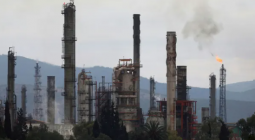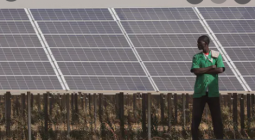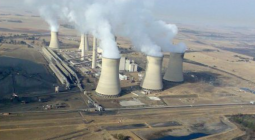Washington county becomes first in US to ban new fossil fuel projects

A county in Washington state has become the first such jurisdiction in the US to ban new fossil fuel infrastructure, following a lengthy battle over the impact of oil refineries on the local community.
In a vote on Tuesday night, Whatcom county’s council unanimously passed a measure that bans the construction of new refineries, coal-fired power plants and other fossil fuel-related infrastructure. The ordinance also places new restrictions on existing fossil fuel facilities, such as a requirement that any extra planet-heating gases emitted from any expansion be offset.
Whatcom county is located in the far north-west corner of Washington state, next to the Canadian border and abutting the Salish sea. The county hosts two of the state’s five oil refineries, with BP and Phillips 66 overseeing facilities at the Cherry Point complex that refines much of the oil from Canada and Alaska that is then distributed along the US west coast.
“There will be no new refineries, they won’t be able to get permits to export their product and while we will still have these dinosaur facilities already here it will be more challenging for them to expand,” said Todd Donovan, who is serving his second term on the council and was a major proponent of the new rule. “The future is clearly in renewable energy.”
The ban is the culmination of a years-long fight to curb fossil fuel activity in the county to help address the climate crisis and reduce air pollution. A huge coal export facility, which would have moved 50m tons of coal a year, was proposed for Cherry Point but was eventually blocked in 2016 following fears raised by the local Lummi Nation that it would have destroyed fisheries.
29 July 2021
IEEFA




